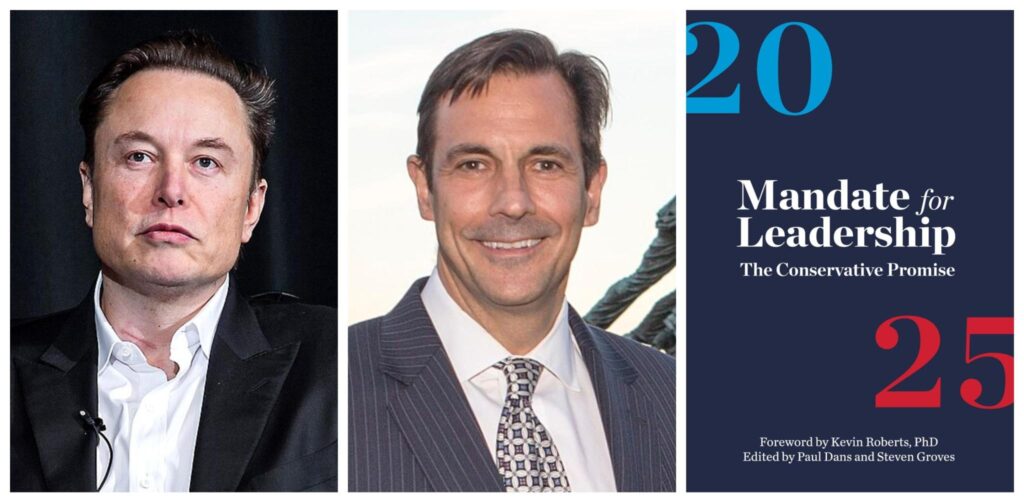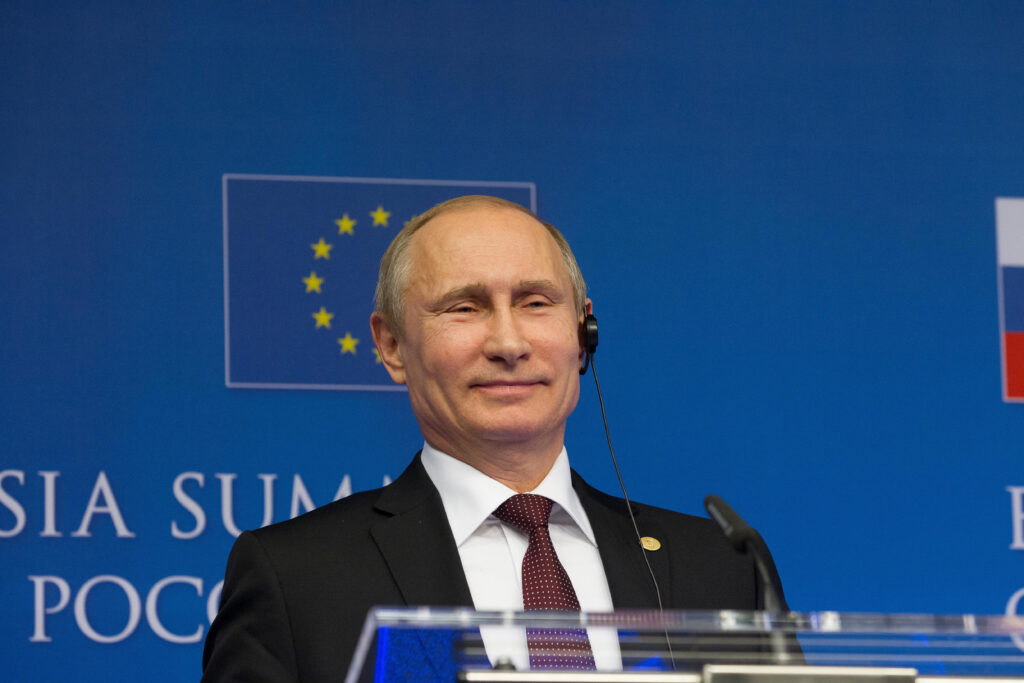Climate change, already melting glaciers and driving polar bears southward, may also place humans at greater risk of heart attacks, say some experts at the European Society of Cardiology’s annual meeting.
There is evidence people have more heart problems when it’s hot. During the European heat wave in 2003, there were an estimated 35,000 deaths above expected levels in the first two weeks of August. In France alone, nearly 15,000 extra people died when temperatures soared. Experts say much of that was due to heart problems in the elderly worsened by the extreme heat.
But because there are uncertainties about how fast climate change will occur, or what other factors such as pollution levels or natural phenomena might affect it, doctors are unsure what to prescribe.
Unlike future disease outbreaks, where we know the risk factors, there are too many unknowns in connecting global warming and heart disease to make predictions. Dr. John Cleland, a specialist at University of Hull in UK, said we should focus on diet and fitness. Reducing our carbon footprint will also help.
But “If we don’t do something now and global warming accelerates, then cardiovascular disease might be the least of our worries.”
Subscribe to our newsletter
Stay up to date with DeSmog news and alerts






